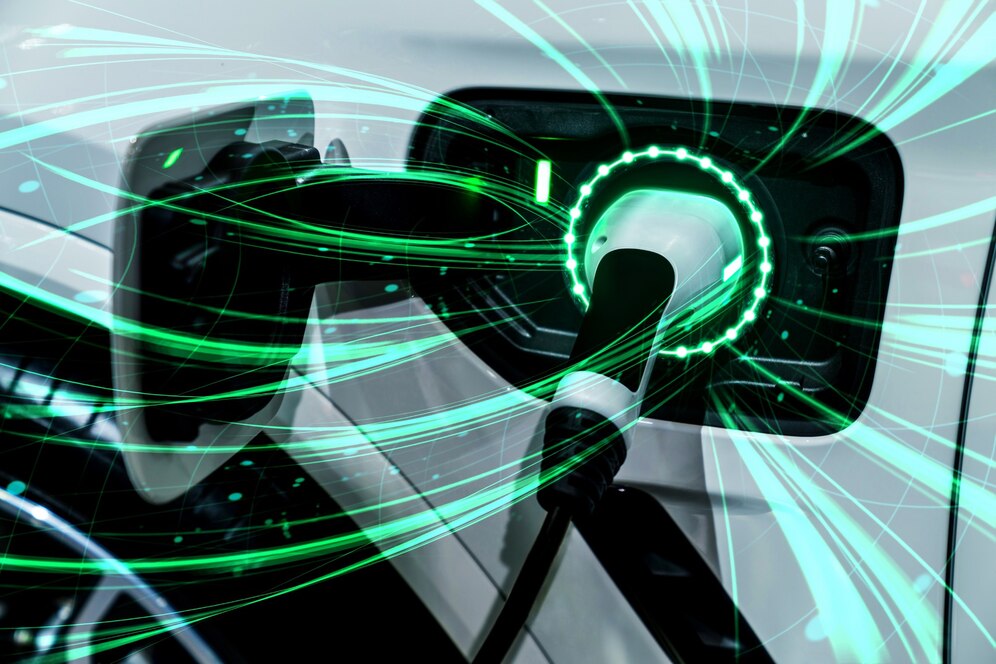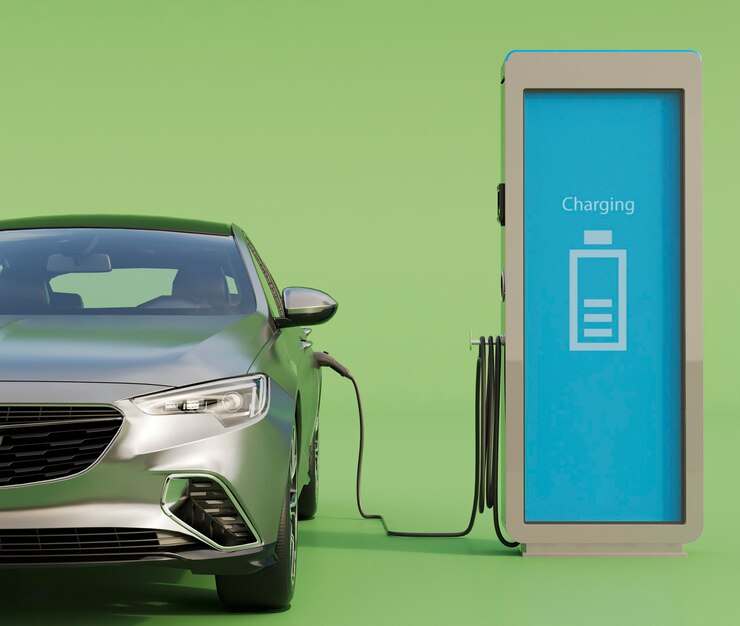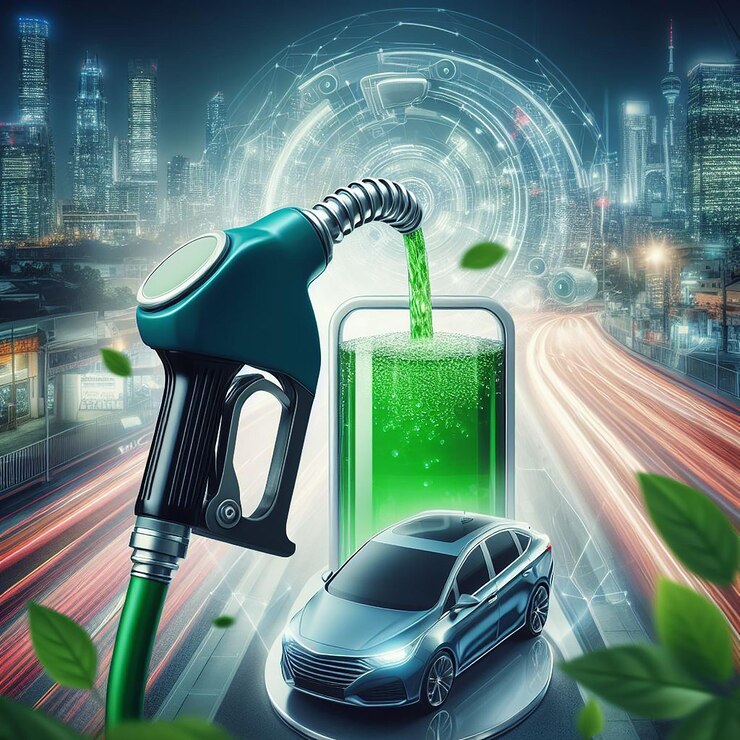Introdution
The 20th century belonged to gasoline. The 21st may belong to electricity.Across highways, city streets, and even race tracks, a dramatic transformation is underway. The age-old gasoline-powered vehicle, once the symbol of freedom and modernity, is being challenged by a quieter, cleaner, and smarter rival—the electric car. What we are witnessing is not just a change in technology, but a full-blown automotive revolution.In this head-to-head comparison—Electric vs. Gas—we explore what sets them apart, how the landscape is shifting, and why your next ride might be part of the greatest transition in transportation history.

Performance and Driving Experience
EVs offer instant torque, delivering rapid acceleration without delay. Their low center of gravity (thanks to battery placement) results in superior handling and cornering. The ride is smooth, quiet, and refined.
Gas Vehicles:
Traditional cars provide a more mechanical experience—some prefer the engine sound and gear shifting. However, they usually take longer to accelerate and require higher engine RPMs to deliver power.Winner: Electric (especially in urban driving and performance)
Fueling and Charging
Electric Vehicles:
Charge at home overnight or at public stations.
Public fast chargers can recharge up to 80% in 20–40 minutes.
Cost per mile is significantly cheaper than gasoline.
Gas Vehicles:
Quick refueling at any gas station.
Fuel prices fluctuate with global markets.
More convenient in remote areas with limited charging infrastructure.
Winner: Tie (Gas wins for speed and availability—for now; EVs win for cost and home convenience)
Maintenance and Reliability
EVs:
Fewer moving parts.
No oil changes, spark plugs, or exhaust systems.
Brakes last longer due to regenerative braking.
Gas Vehicles:
Require regular oil changes, filter replacements, and complex engine maintenance.
More parts mean more potential breakdown points.
Environmental Impact
EVs:
Zero tailpipe emissions.
Can be powered by renewable energy like solar or wind.
Battery production has an environmental cost, but it’s offset over the vehicle’s lifetime.
Gas Vehicles:
Emit CO₂, nitrogen oxides, and particulates that harm air quality and contribute to climate change.
Rely on fossil fuels—a finite and polluting resource.
Cost of Ownership
EVs:
Higher upfront cost (though decreasing rapidly).
Government incentives available in many countries.
Lower operating and maintenance costs.
Gas Vehicles:
Lower initial price.
Higher lifetime fuel and maintenance costs.
Less incentive support as regulations tighten.
Winner: Electric (especially over 5+ years of ownership)
Infrastructure and Convenience
EVs:
Charging networks are expanding fast but still limited in rural areas.
Apps and navigation tools help locate charging stations.
Gas Vehicles:
Well-established refueling infrastructure.
Better for long, unplanned road trips (at present).
Winner: Gas (but EVs are catching up fast)
Innovation and Technology
EVs:
Often come with the latest software, automation, and infotainment features.
Frequent over-the-air updates improve performance and features post-purchase.
Gas Vehicles:
Often lag behind in tech integration.
Less likely to receive updates or evolve over time.
Resale and Future Value
EVs:
Demand is growing as bans on gas cars approach in many countries.
Battery health affects resale, but many EVs hold value well.
Models from Tesla, Hyundai, and Kia are especially strong in resale.
Gas Vehicles:
Resale value is expected to drop as EV adoption increases and regulations tighten.
May become obsolete in cities with zero-emission mandates.
Winner: Electric (in the long run)
Global Momentum and Regulation
Governments around the world are setting deadlines to ban the sale of new gas cars, some as early as 2030–2035. Billions are being invested in EV manufacturing, charging networks, and green energy. Major automakers like Ford, GM, and Volkswagen have pledged to go fully electric in the coming decade.This is not a trend—it’s a tectonic shift.Winner: Electric (backed by global policy and investment)
Emotional Factor and Driving Culture
Gas Vehicles:
Associated with tradition, nostalgia, and the “romance” of driving.
Enthusiasts love the roar of an engine and manual transmissions.
Electric Vehicles:
Represent the future, sustainability, and smart living.
Growing EV fan culture and innovation-driven community.
Winner: Subjective (depends on personal values and preferences)

Conclusion:
While gas cars still offer familiarity and convenience in some areas, electric vehicles are clearly winning the long-term battle. They’re cleaner, cheaper to operate, easier to maintain, and aligned with the future of transportation.As battery technology improves, charging infrastructure expands, and prices fall, EVs are no longer just for early adopters—they’re for everyone.

